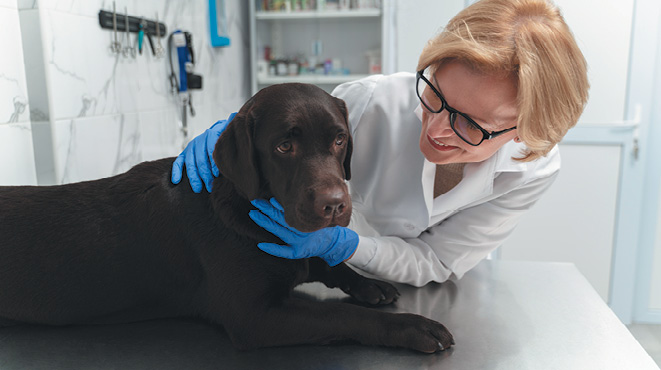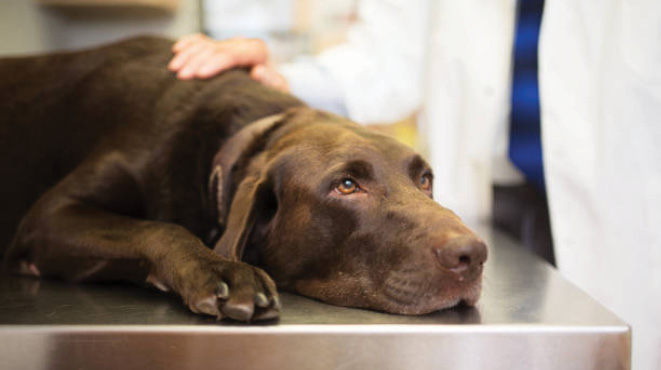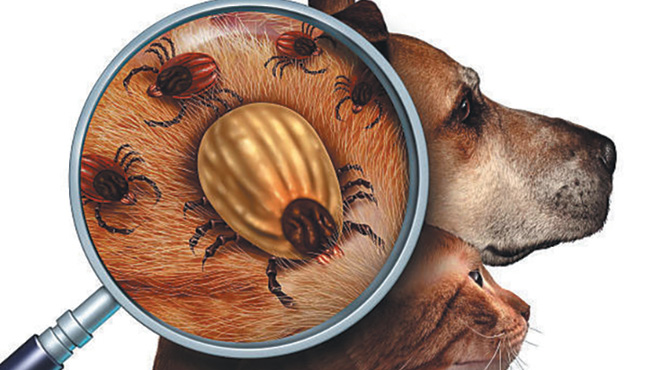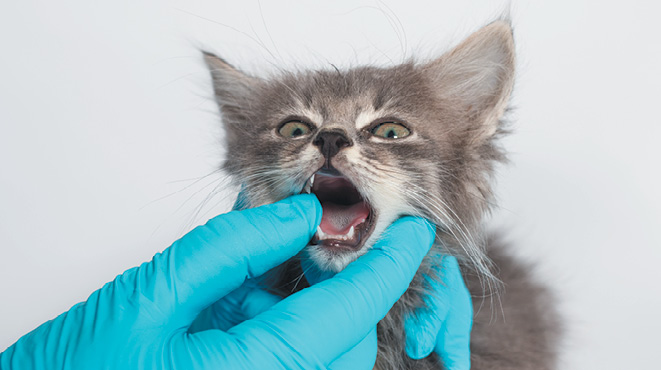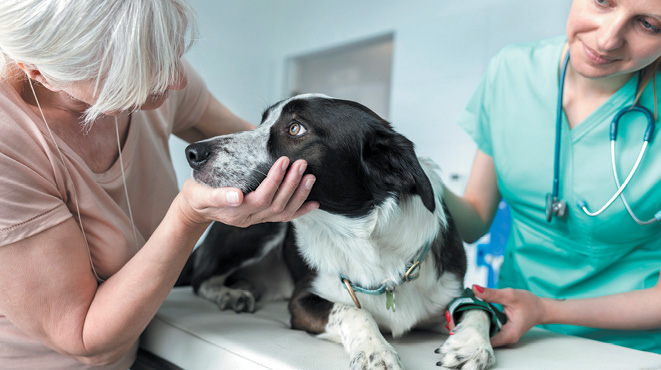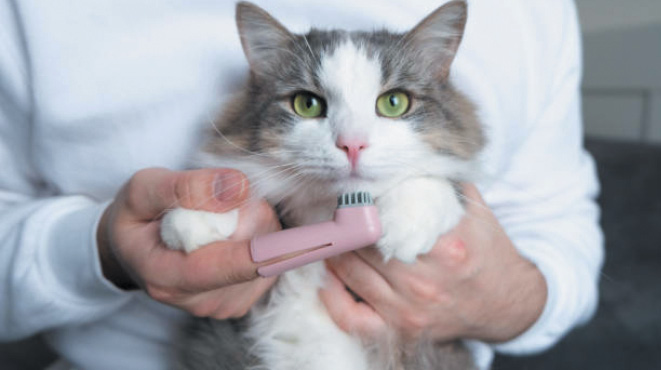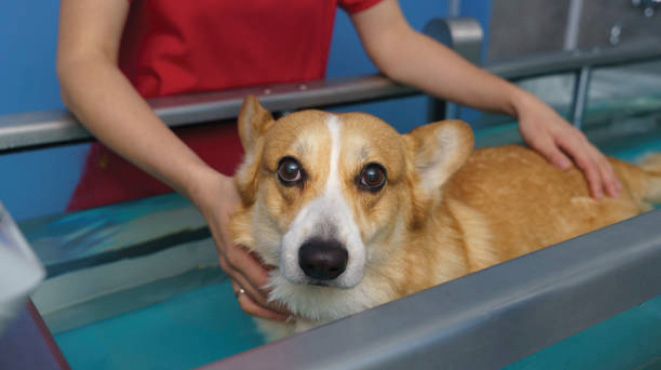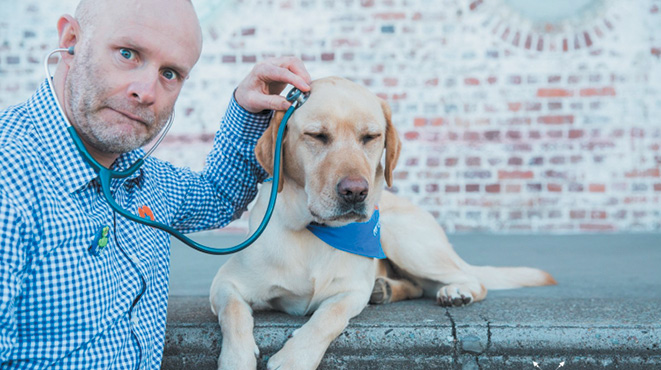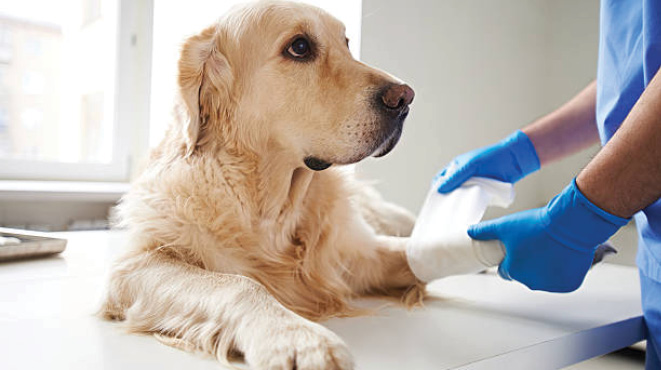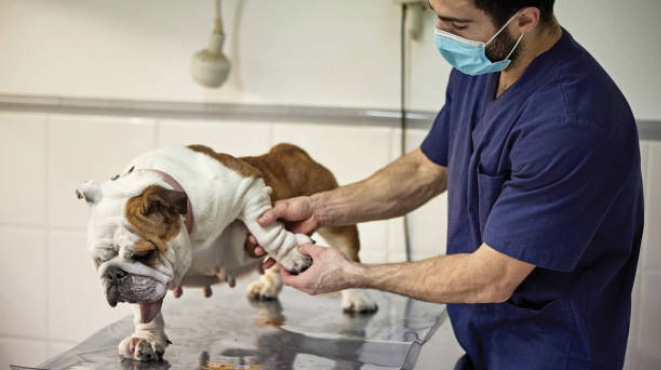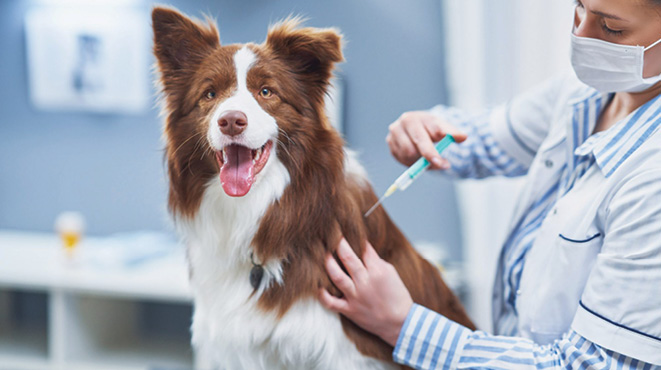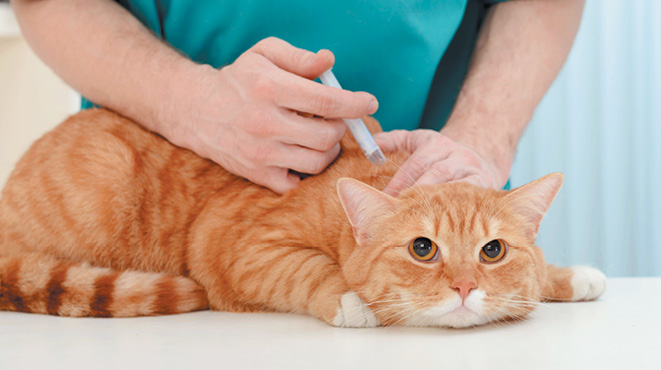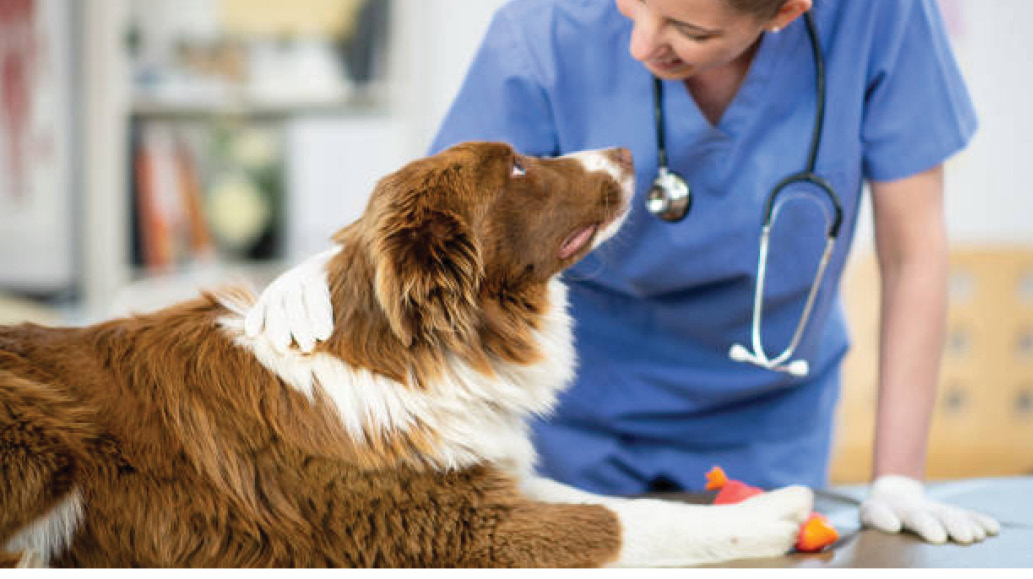BY DR NICKY THOMAS, WYNNUM MANLY VETERINARY HOSPITAL
Ear infections are extremely common in dogs. The most common signs of an ear infection are head shaking, ear scratching, odour and discharge from the ear canals and red, inflamed skin in the ear canal.
Causes of ear infection
There are a number of causes of ear infections. These include:
- The shape of the ear and ear canal – dogs with lots of fur in their ear canals (e.g. Poodles and Poodle crosses, Schnauzers), dogs with heavy, long ears (e.g. Cocker Spaniels, Cavalier King Charles Spaniels) or very narrow ear canals (e.g. Shar Peis, French bulldogs, Pugs) predispose dogs to infection.
- Allergies are a very common cause of ear infections – inflamed, itchy skin lining the ear canal is more readily infected with secondary bacteria or yeasts. Allergies may be environmental (such as pollens, moulds, grass) or food related.
- Environmental conditions can predispose to infections – hot, humid weather provides a perfect environment for ear infections.
Treatment
Treatment of ear infections includes addressing both the initiating cause and resolving secondary infections.
- If your dog has furry ears it may be useful to pluck the fur from the canals.
- Your vet may suggest cleaning your dog’s ears under sedation or anaesthetic to remove discharge. This also allows a more thorough examination of the ear canal and assessment of the health of the ear drum.
- Medication may be dispensed based on the infectious organisms (yeast and bacteria most commonly) present. Your vet can take a sample from your dog’s ear and examine the material under a microscope.
- Controlling itch and inflammation is important to prevent further irritation and self-trauma.
Prevention
- Regular ear flushing with an appropriate product can reduce discharge and decrease the risk of secondary infection.
- Controlling allergies can be useful in reducing the frequency of ear infections. There are good options in both tablet and injectable form for ongoing allergy relief – have a chat with your vet to decide the best plan for your dog.



